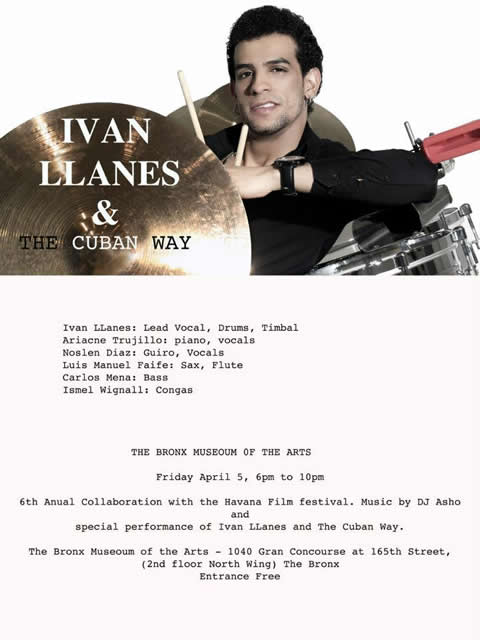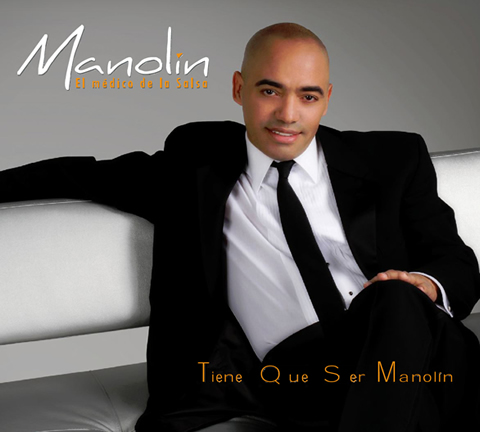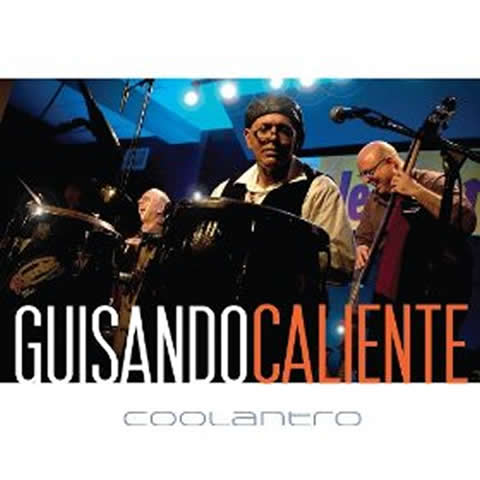Archivo
Lo Nuevo[hide]
Musicos: Rafael Paseiro Monzón
Musicos: Dennis Nicles Cobas
Musicos: Jiovanni Cofiño Sánchez
Musicos: Yasser Morejón Pino
Fotos: Tom Ehrlich : 2024 Monterey Jazz, P...
Resenas: Vacilón Santiaguero (Circle 9 ...
Staff: Bill Tilford
Fotos: Tom Ehrlich : 2024 Monterey Jazz, P...
Fotos: Tom Ehrlich : 2024 Monterey Jazz Fe...
Fotos: Tom Ehrlich : testing 123
Grupos: Pupy y los que S... : Discography - 1995- F...
Reportes: From The St... : Cubadisco 2...
Reportes: From The St... : Jazz Plaza ...
Fotos: Tom Ehrlich : Irakere 50th Annivers...
Fotos Del Día [hide]
Sin Clave No Hay Na
The GRAMMY Foundation's Music Educator Award
An opportunity to help recognize US music teachers
(Courtesy of The Recording Academy/ photo by Kevin Winter, WireImage.com 2013)
One of the things that makes the music we write about here so wonderful is the fact that music education has played an important role in shaping the musicians as far back as the days of Cachao, who in addition to his revolutionary musical roles with the early Mambo and the later Descargas was a classically trained bassist who played with the Philharmonic. Bebo Valdés, whose passing we wrote about recently in this blog, was also trained in the Conservatory. Formal musical education which included classical training also helped nurture countless members of the new generation of musicians who have brought us Songo, Timba, Jazz etc.
In the United States, it isn't exactly a secret that music education in the schools has fallen on hard financial times, so we applaud any measures that help recognize and support its importance. The GRAMMY Foundation and The Recording Academy recently unveiled a new Music Educator Award, and the winner will be selected by a process that includes public participation in the US in nominating the candidates.
Many of our readers have children, nieces, nephews, grandchildren etc. that may or may not become members of the next generation of Jazz and Latin music performers depending upon the level of support and education that they receive from us and those who are teaching them how to sing and play. If you are in the United States and know of a music educator there who has made a difference in their lives, this is your chance to help them get more recognition for their efforts, and there is more than a plaque and a ceremony at stake for them – the winner, to be named in 2014, will also receive a $10,000.00 honorarium, and nine finalists will receive $1,000.00 each. (The funding for the awards is being supplied by the Ford Motor Company Fund.)
For more about the awards process, the rules, who is eligible, and how to nominate your choice (nominations are open until April 15), visit http://www.grammymusicteacher.com
continue reading Sin Clave No Hay Na
Ivan Llanes & The Cuban Way
Debut Performance Friday, April 5 at Bronx Museum of The Arts
 Ivan Llanes played drums and percussion with Maraca and Sur Caribe in Cuba and moved to New York in 2012 to pursue a solo career. His new group, Ivan Llanes & The Cuban Way, will present its live public debut performance at the Bronx Museum of the Arts on Friday, April 5 as part of the museum's First Fridays series. The evening begins as a kickoff of the upcoming Havana Film Festival New York at 6pm with a screening of David Grubin's 2012 documentary film Havana, Havana!. This is followed by the debut live performance of Ivan's group as well as music by DJ Asho. Ivan tells us that the performance will include two original compositions along with some Cuban Jazz standards, some Timba Cubana and some traditional Cuban music (Danzón, Bolero, Cancion etc.). The concept of the group is to bring a Cuban feel to a wide range of music from Timba to Jazz to Blues and other styles.
Ivan Llanes played drums and percussion with Maraca and Sur Caribe in Cuba and moved to New York in 2012 to pursue a solo career. His new group, Ivan Llanes & The Cuban Way, will present its live public debut performance at the Bronx Museum of the Arts on Friday, April 5 as part of the museum's First Fridays series. The evening begins as a kickoff of the upcoming Havana Film Festival New York at 6pm with a screening of David Grubin's 2012 documentary film Havana, Havana!. This is followed by the debut live performance of Ivan's group as well as music by DJ Asho. Ivan tells us that the performance will include two original compositions along with some Cuban Jazz standards, some Timba Cubana and some traditional Cuban music (Danzón, Bolero, Cancion etc.). The concept of the group is to bring a Cuban feel to a wide range of music from Timba to Jazz to Blues and other styles.
Ivan hopes to produce a full recording of the group over the course of the next year. As a taste of things to come, it recorded a demo video in Martin Cohen's studio last year:
This group should be an exciting addition to the scene, and entrance to the event is free.
continue reading Sin Clave No Hay Na
¡Louisville Baila!
Juan de Marcos Afro-Cuban All Stars Bring Clifton Center To Its Feet
The last time this writer saw this group in the Midwest was literally during the last millennium, and he still remembered the waves of excitement that swept the hall back then, so even though the nearest concert this time was a five-hour drive away, he decided to make the trek to Louisville. Was it worth the drive? Read on to find out and see our concert photos...
continue reading Sin Clave No Hay Na
Yes, It Had To Be Manolin Eventually...
Belated CD/DVD reviews of Tiene Que Ser Manolin and Coolantro
 Better Late Than Never Dept:
Better Late Than Never Dept:
Manolin 's Tiene Que Ser Manolin, released last year, has something for everyone, and we do mean every one. Could that be a problem? Click here to read our take on that question. 
An excellent Latin Jazz recording, Guisando Caliente's Coolantro , recently came to our attention after eluding our notice for a couple of years. The trail also leads to one of the best Afro-Cuban Jazz programs currently on radio (and strreaming on the web) in the United States. Click here to read the review.
continue reading Sin Clave No Hay Na



















